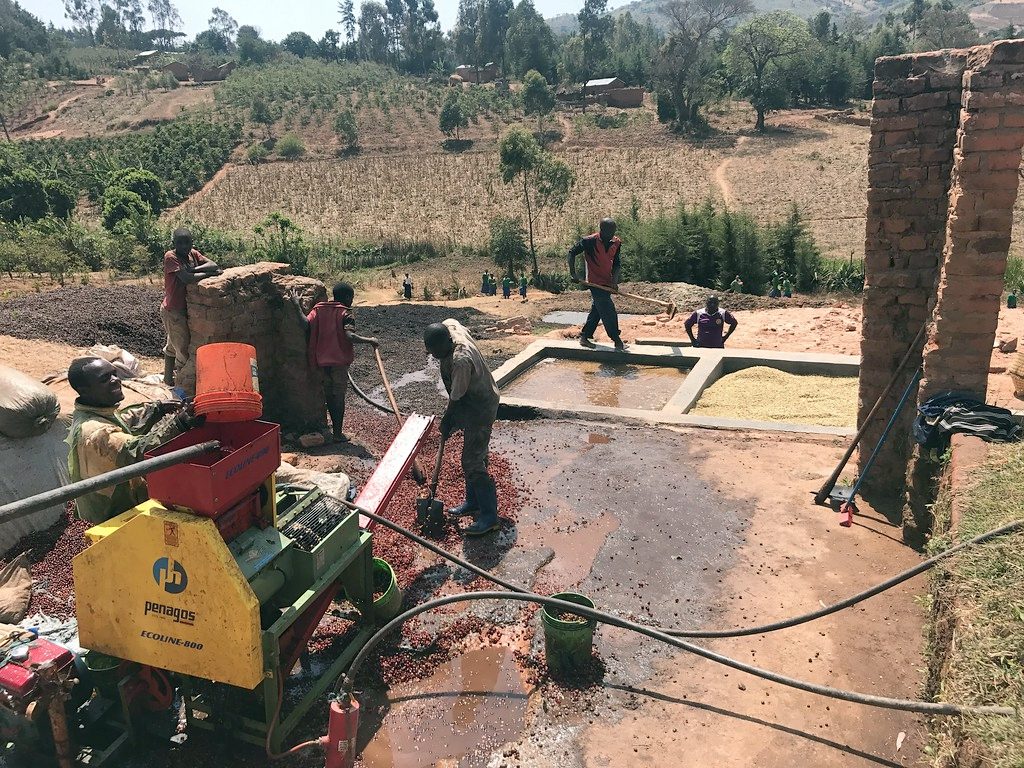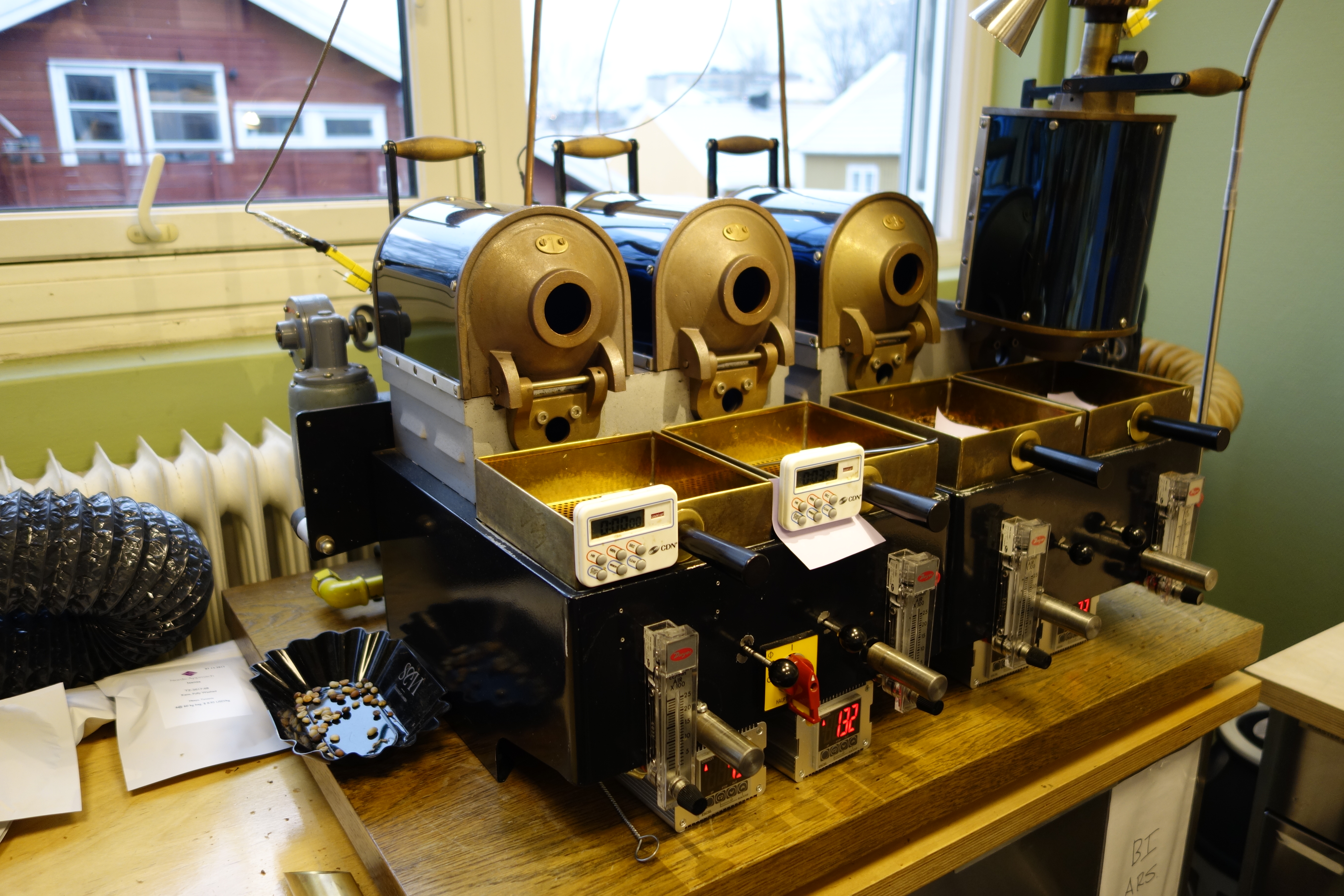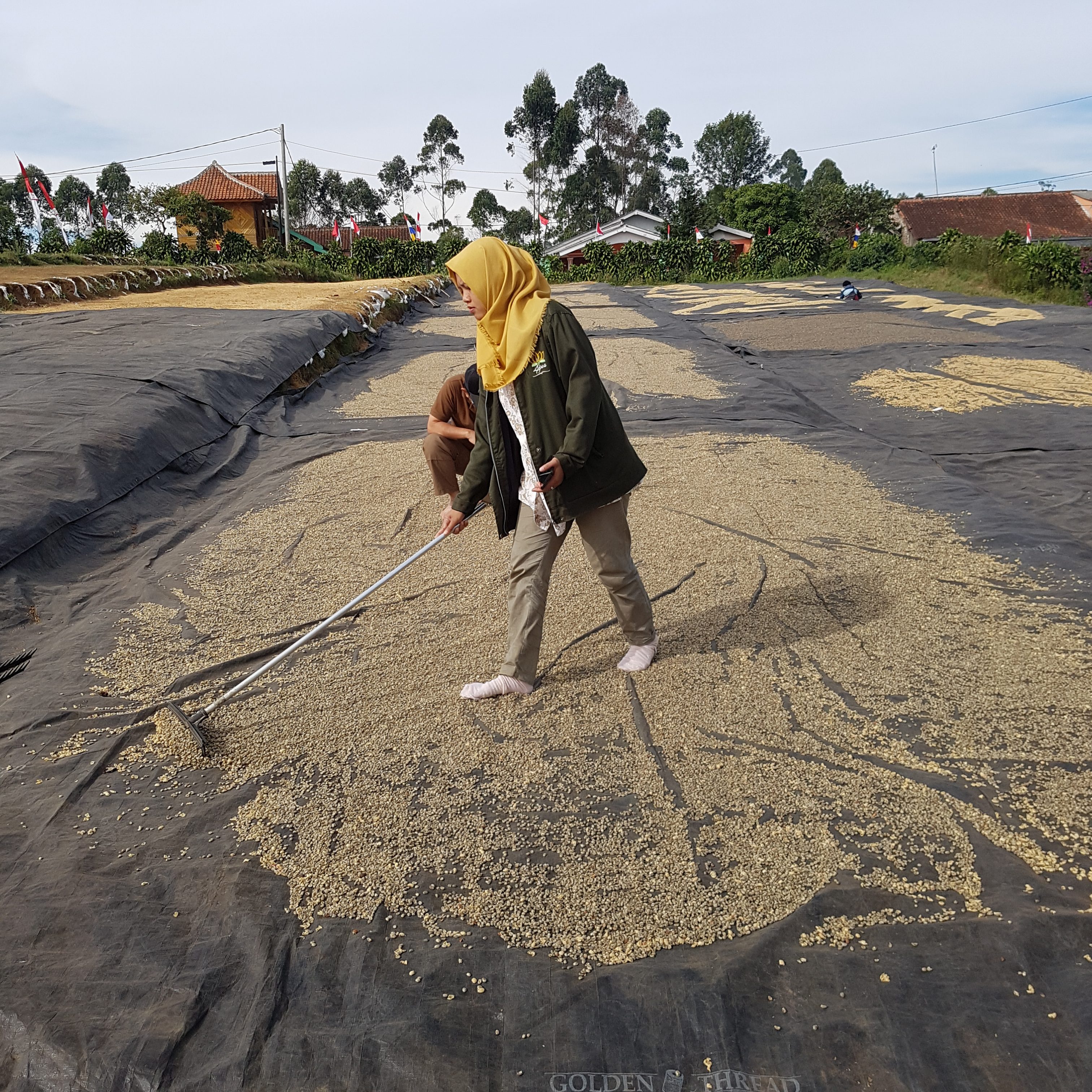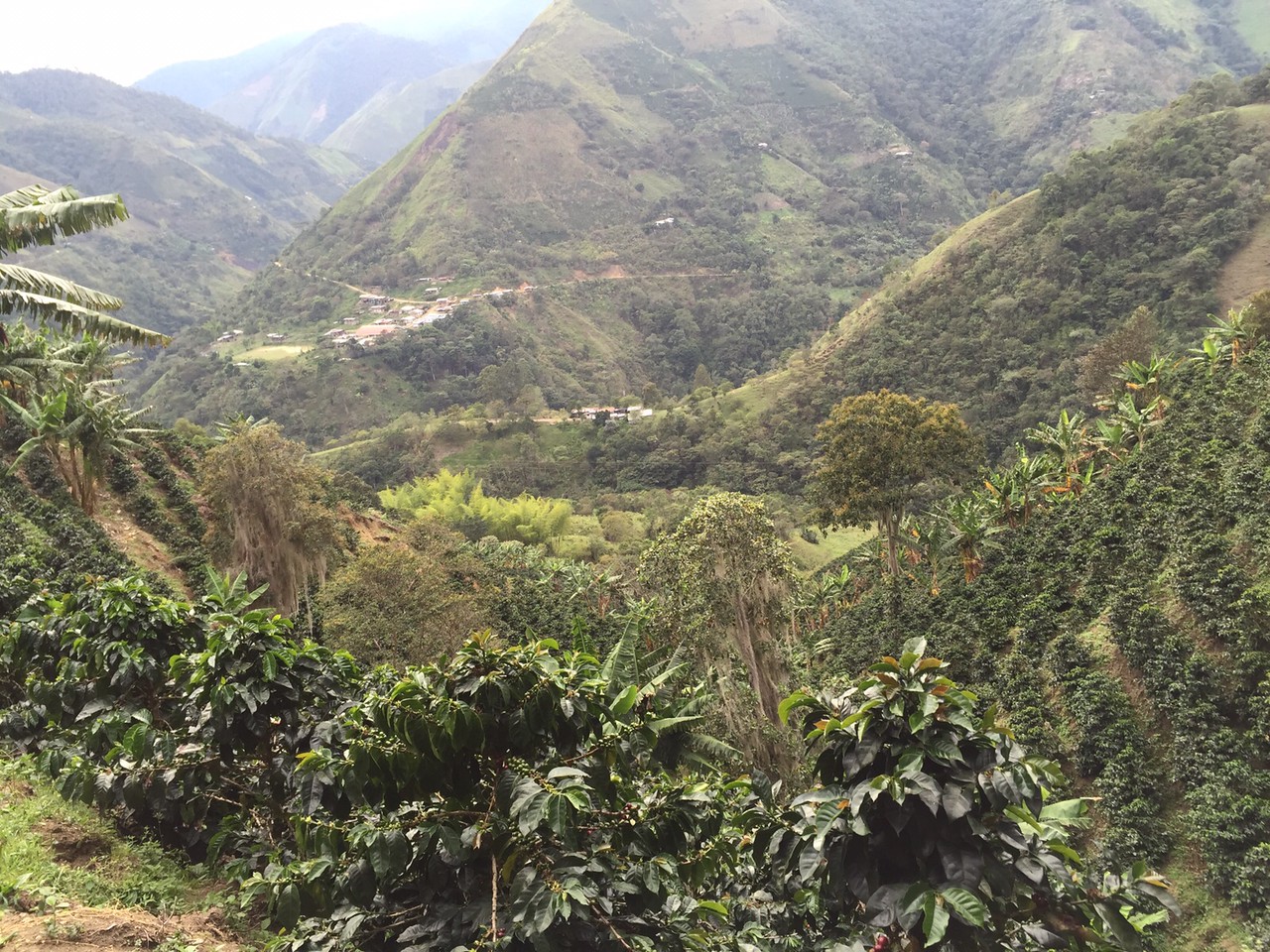Tanzania has been the most exciting country for me this year. Tanzania is largely ignored and marginalized for never quite having good enough coffee, but I am happy to completely disagree! There is no doubt there are some areas of concern one should pay serious attention to. Yes, it takes a certain effort to find great coffees, and making sure they arrive at your warehouse tasting as great. But what would be the point in only looking in places where good coffees comes easily?
Our History with Tanzania
Before Morten founded Nordic Approach in 2011, he spent a considerable amount of time in Tanzania. This was as part of his efforts to investigate the potential to be an importer and offer a different way of doing things than existed at that time. So in a way Tanzania was a part of our conception. After traveling around the country and seeing the production in the north (around Arusha and Kilimanjaro), and in the south (around Mbeya and Mbinga), a clear direction of our sourcing was formed. Traditionally, quality-driven production is based in the north of Tanzania. For this reason the coffees from this area are well known and popular in certain markets. The south has enormous potential and quite a different profile from the north of the country. The farmers here are newer to coffee and in many instances younger, which in Tanzania is a major benefit. Unlike in some neighbouring countries, coffee production in Tanzania has not had the chance to mature and become a well-developed industry. Much of the farming practices are outdated, and in some cases not even considered good practice in the global coffee community. We started buying coffees from Tanzania in 2014. One of the coffees we have bought consistently since then is from a small group of farmers called Ilomba.
Where we are going
We have bought coffees from Tanzania for four years, but have struggled with these coffees instability. There has been a tendency for quality to drop off and start to taste aged much sooner than is acceptable. We have had the same issue and concerns with Colombian coffees, so we have strict practices on measuring humidity and water activity. We do not accept any coffees below 9.5% and over 12% humidity and below 0.4 or above 0.6 in water activity. Last year (2016) was the first time our Tanzanian coffees didn’t have any issues or coffees cupping deteriorated when they arrived. For us this was a major success and step forward. We will continue partnering with small farmer groups, so we can continue to see the kinds of coffees that we are so excited about coming from Tanzania this year. We are continuing to work with Ilomba, a well-managed group who invest in their own production, and even the community around them. From the premium they have earned from us over the years they have built a classroom for the nearby school, and have purchased their own Penagos eco pulper. They have further plans to contribute to the school and to their own economy by building offices and a store for their parchment.

We have also established some new relationships, again with small groups where we see potential in the cup quality and profile as well as the attitude towards their production. I encourage you to take a look at our offer list at the Tanzania coffees we have coming in and consider trying out something new in your portfolio. You won’t be disappointed! We expect these coffees to land at the end of November. If you need Tanzanian coffees before then we still have some in stock at reduced prices.



0 Comments